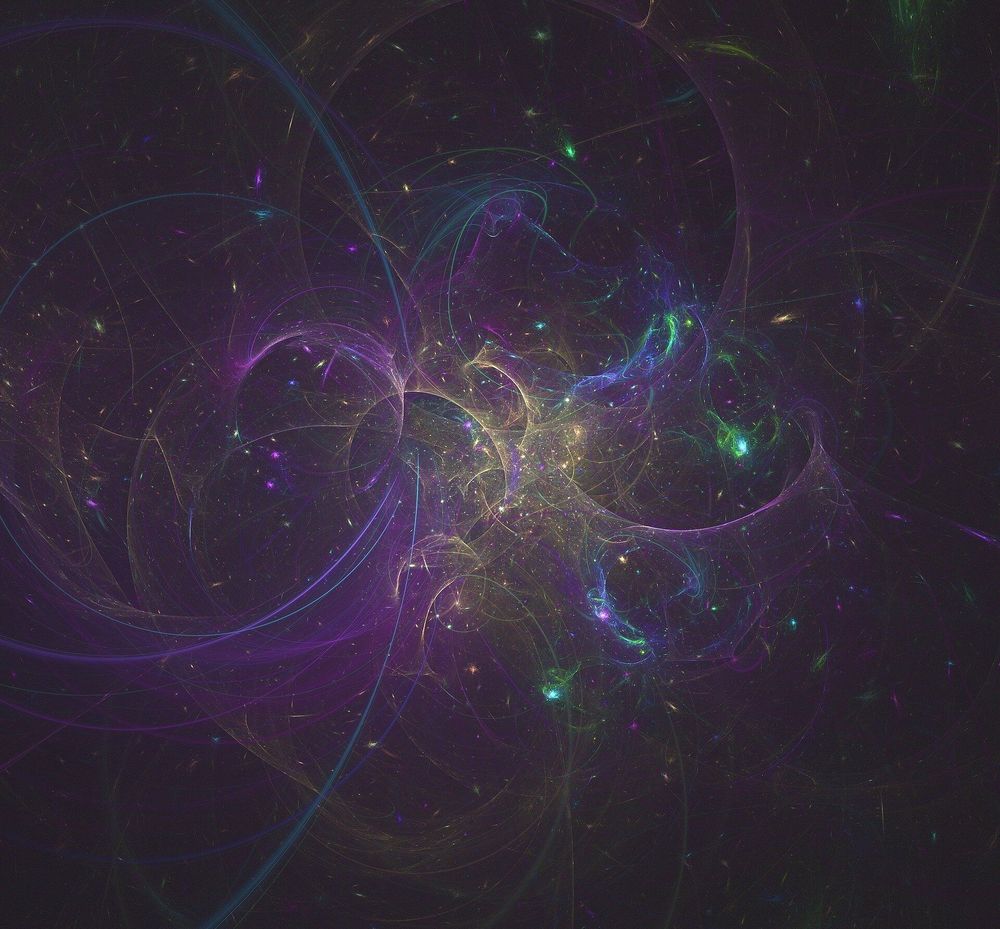Matter waves constitute a crucial feature of quantum mechanics, in which particles have wave properties in addition to particle characteristics. This wave-particle duality was postulated in 1924 by the French physicist Louis de Broglie. The existence of the wave property of matter has been successfully demonstrated in a number of experiments with electrons and neutrons, as well as with more complex matter, up to large molecules.
For antimatter, the wave-particle duality has also been proven through diffraction experiments. However, researchers of the QUPLAS collaboration have now established wave behavior in a single positron (antiparticle to the electron) interference experiment. The results are reported in Science Advances.
The QUPLAS scientific collaboration includes researchers from the University of Bern and from the University and Politecnico of Milano. To demonstrate the wave duality of single positrons, they performed measurements with a setup similar to the so-called double-slit experiment. This setup was suggested by physicists including Albert Einstein and Richard Feynman; it is often used in quantum theory to demonstrate the wave nature of particles.
